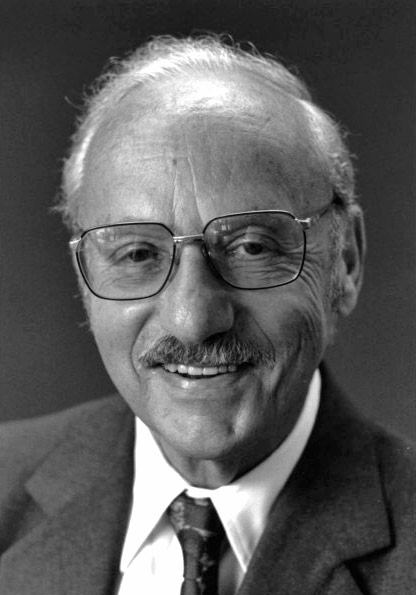George Dantzig: Operations research phenom
 George Dantzig is considered a founding father of industrial engineering and operations research, but one of his most incredible achievements took place while he was still a doctoral student at Berkeley. Arriving late to a statistics class, Dantzig scrawled down two problems written on the blackboard, thinking that they were a homework assignment. He solved the problems and handed them in, only to learn weeks later that these were not homework, but two famously unsolved statistics problems. The story became legendary, inspiring a scene in the movie Good Will Hunting.
George Dantzig is considered a founding father of industrial engineering and operations research, but one of his most incredible achievements took place while he was still a doctoral student at Berkeley. Arriving late to a statistics class, Dantzig scrawled down two problems written on the blackboard, thinking that they were a homework assignment. He solved the problems and handed them in, only to learn weeks later that these were not homework, but two famously unsolved statistics problems. The story became legendary, inspiring a scene in the movie Good Will Hunting.
But that breakthrough was just one of Dantzig’s numerous accomplishments. In 1960, Dantzig was an early faculty hire in what was then the Department of Industrial Engineering, where he founded and directed the Operations Research Center. He became the first person to formulate linear programming models and investigate their mathematical properties. He also developed the simplex algorithm, which was foundational to the field of mathematical optimization and operations research. Together, his work on linear programming and the simplex method has touched nearly every industry. A member of the National Academy of Engineering, National Academy of Sciences and the American Association of Arts and Sciences, Dantzig was honored with the National Medal of Science in 1975.
< Back to previous page